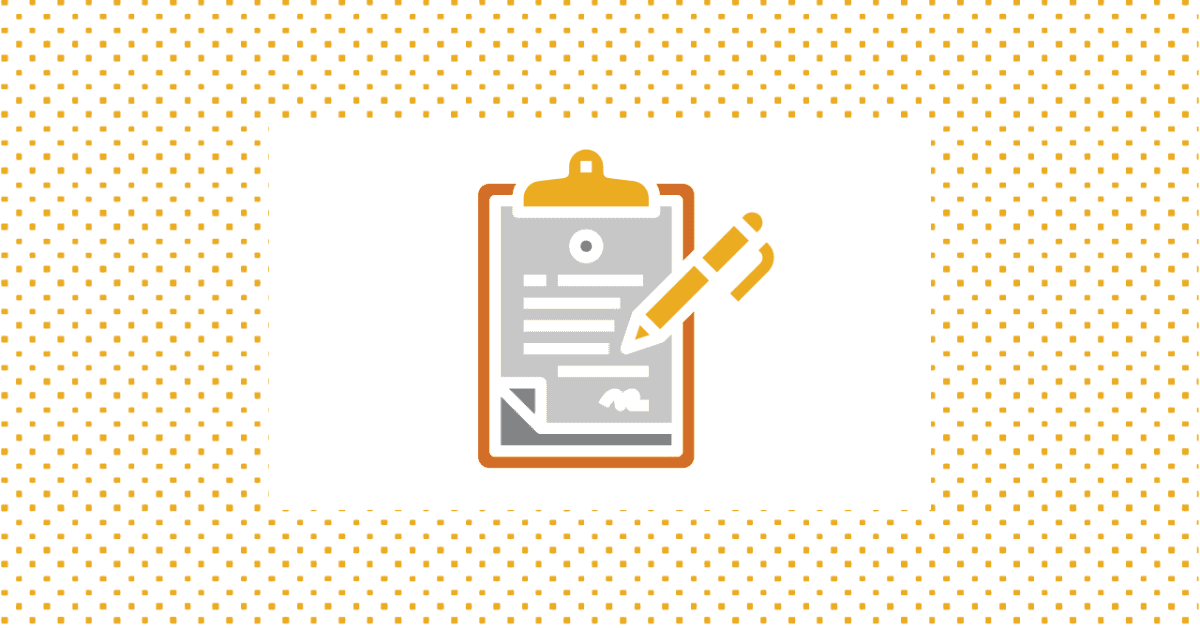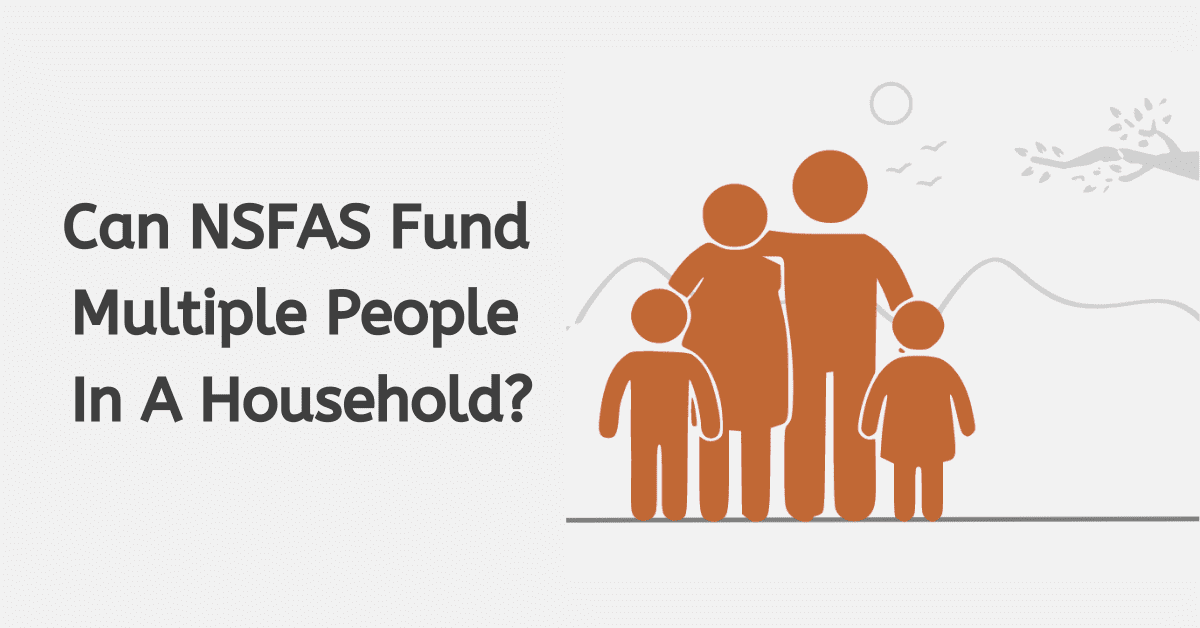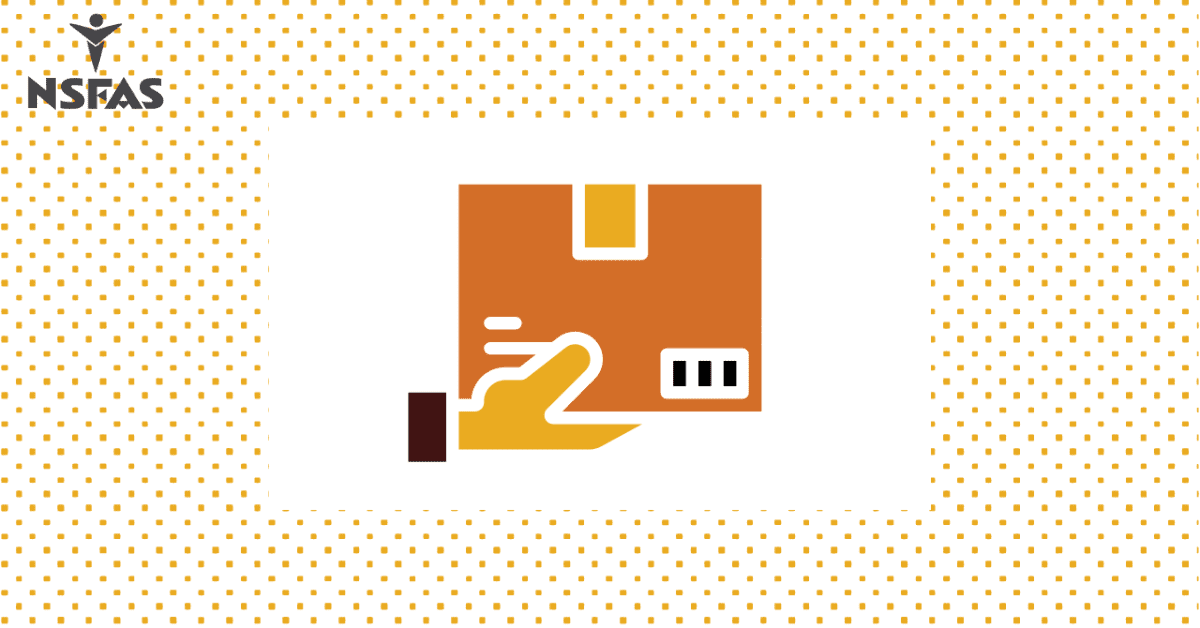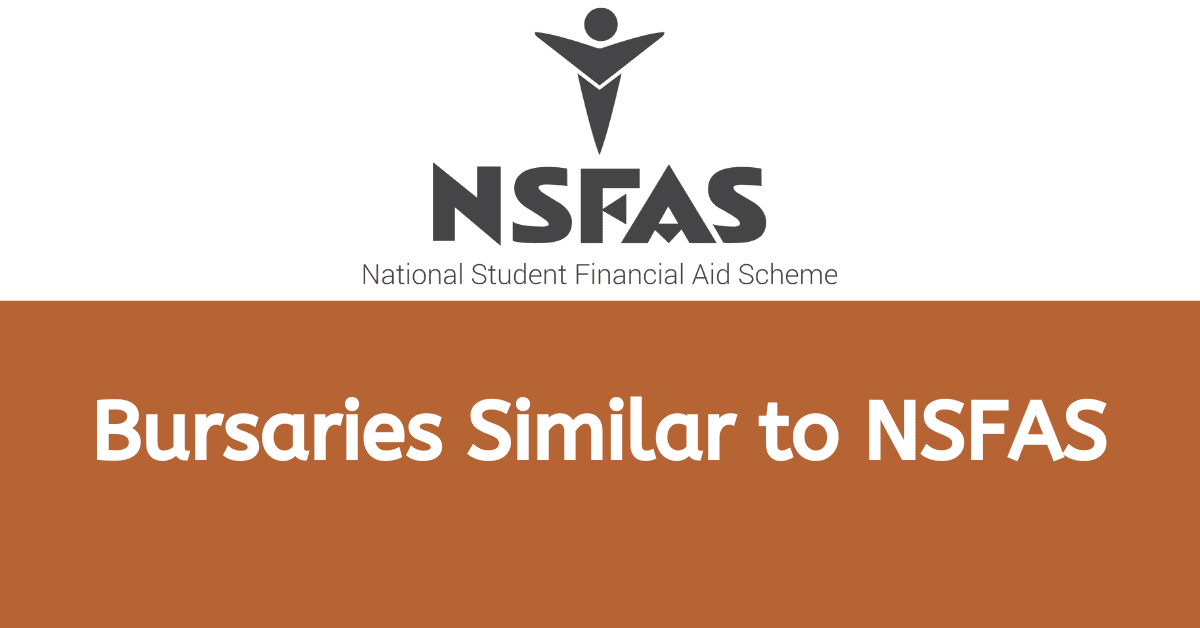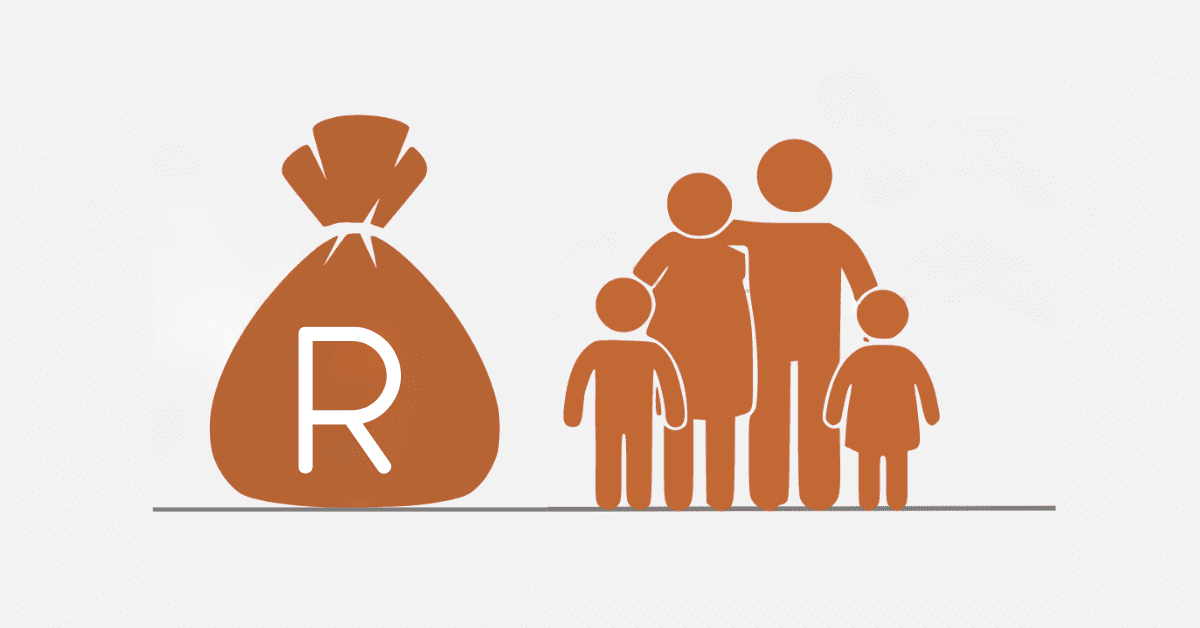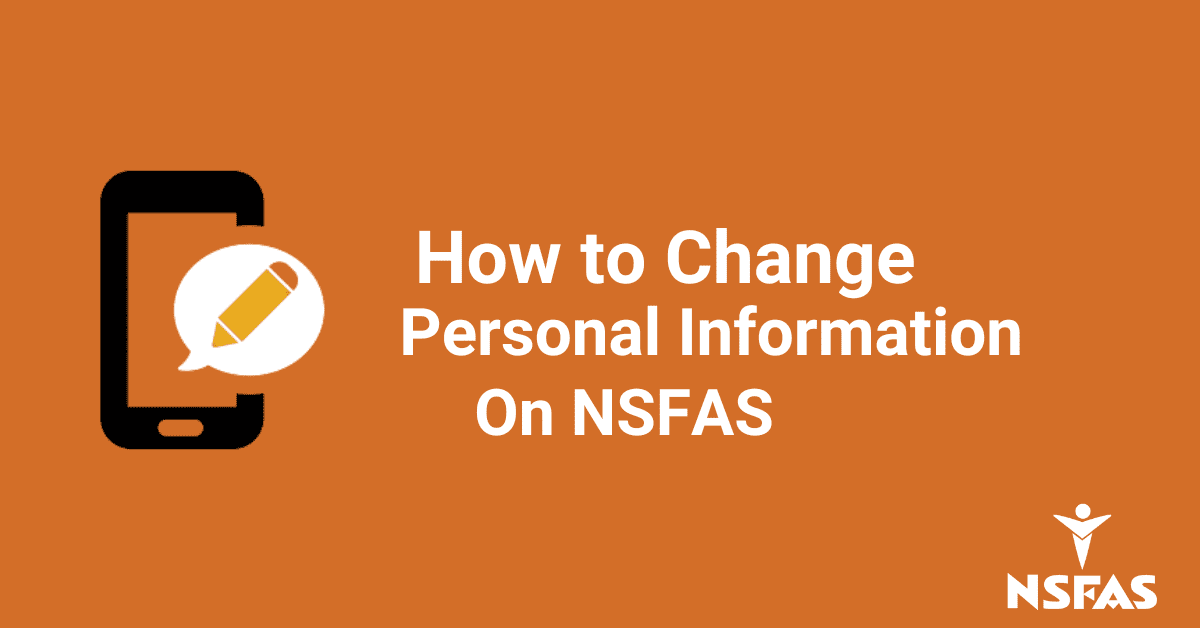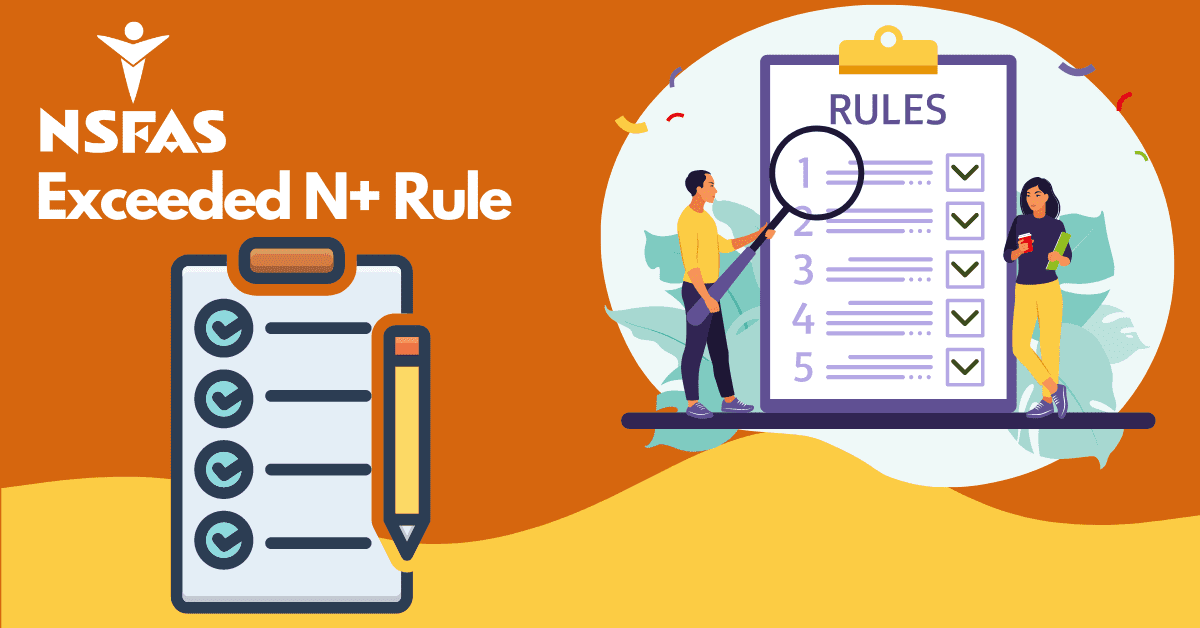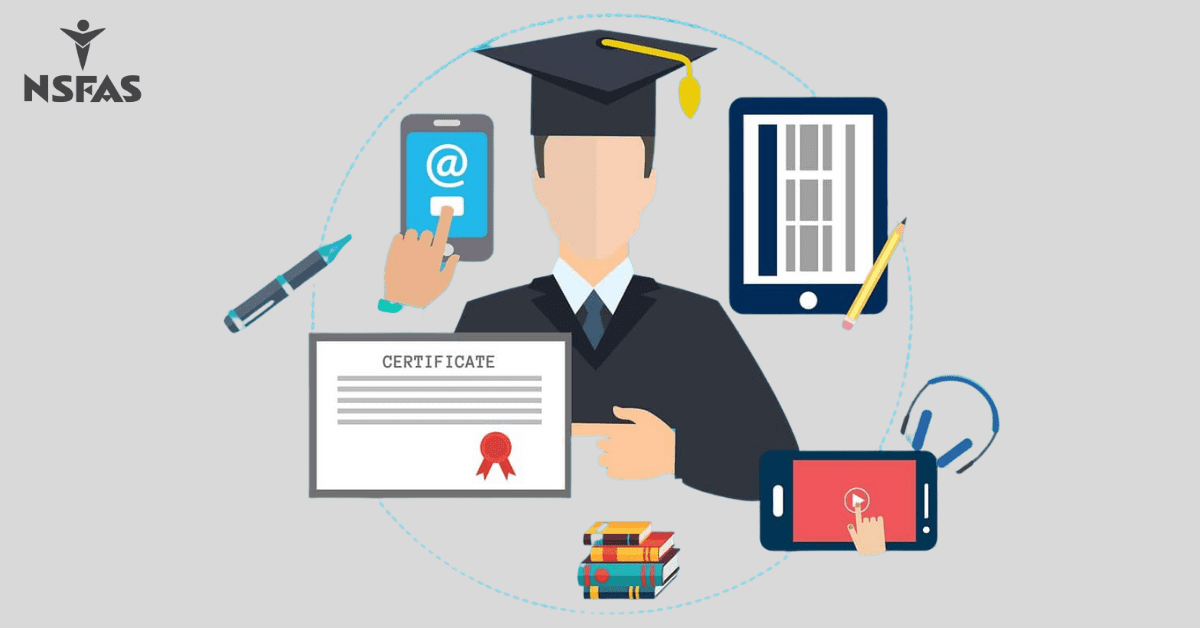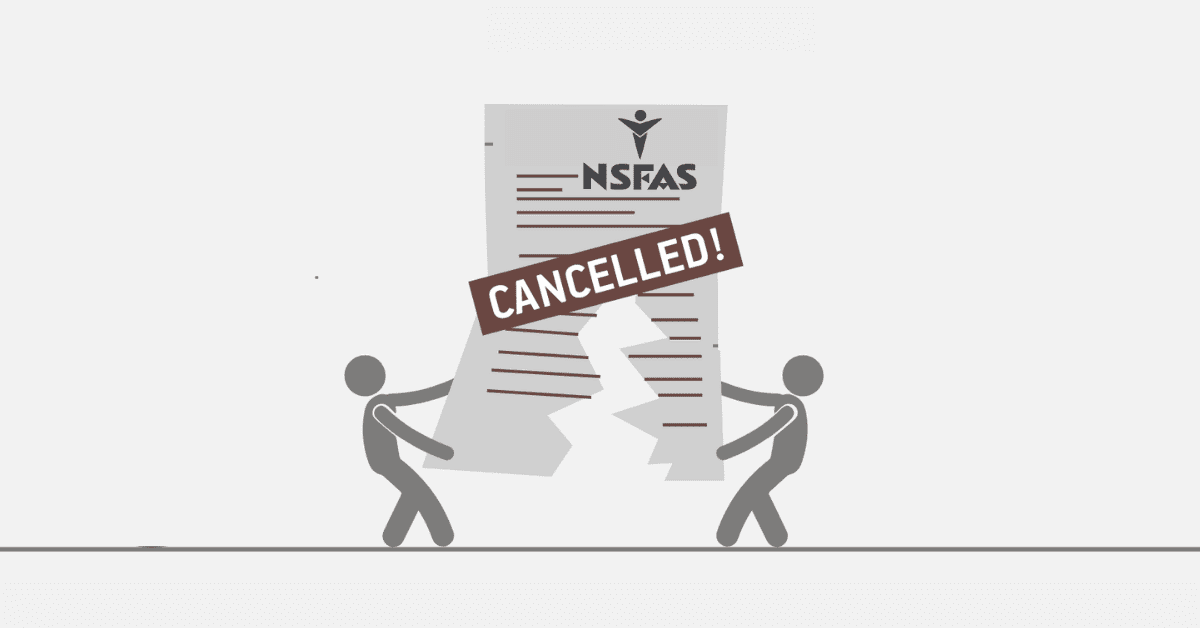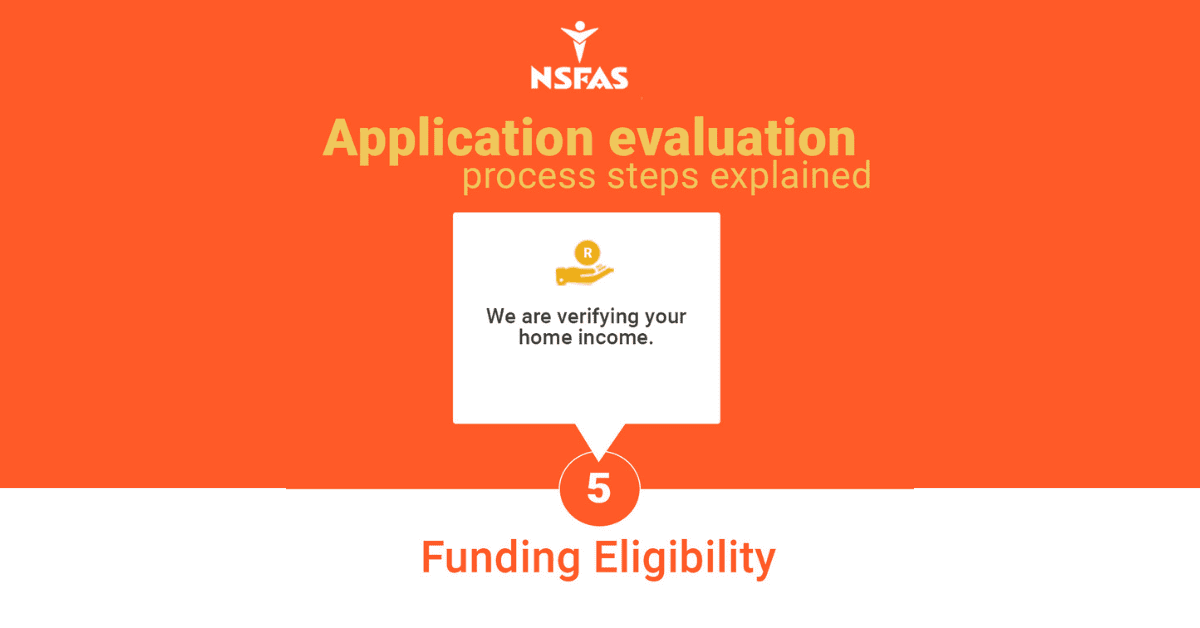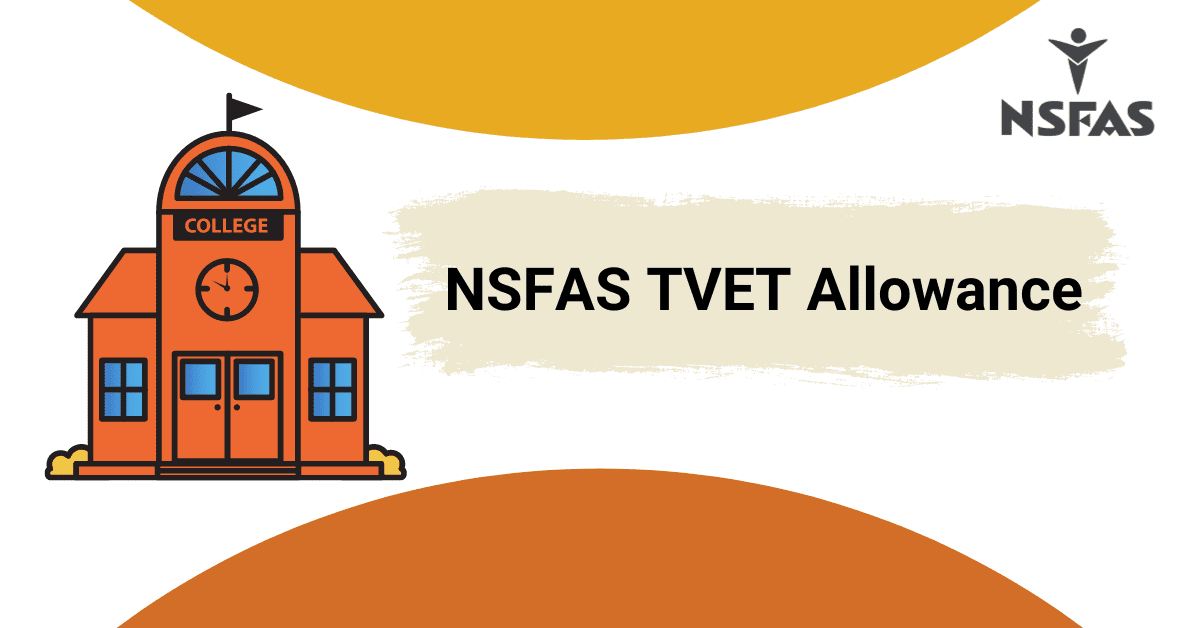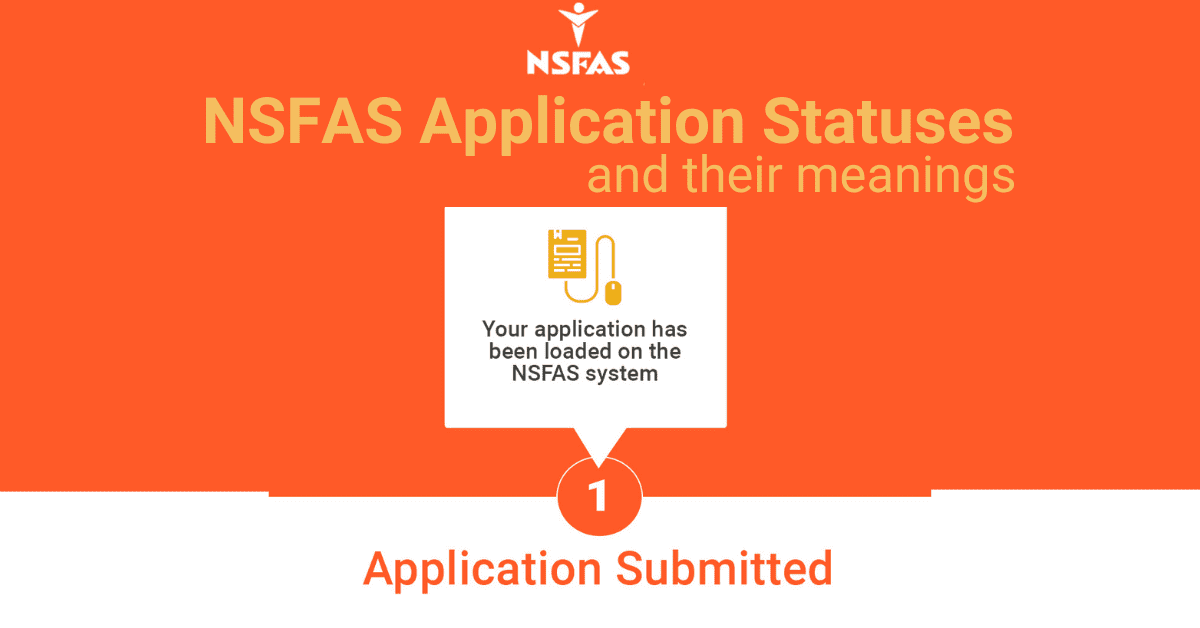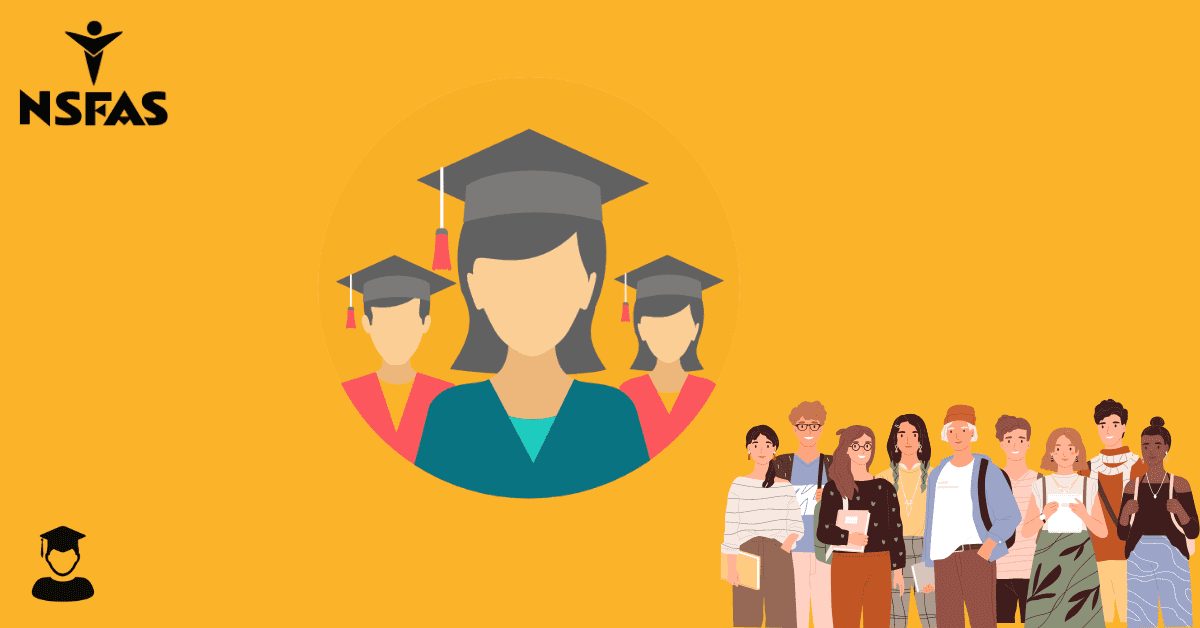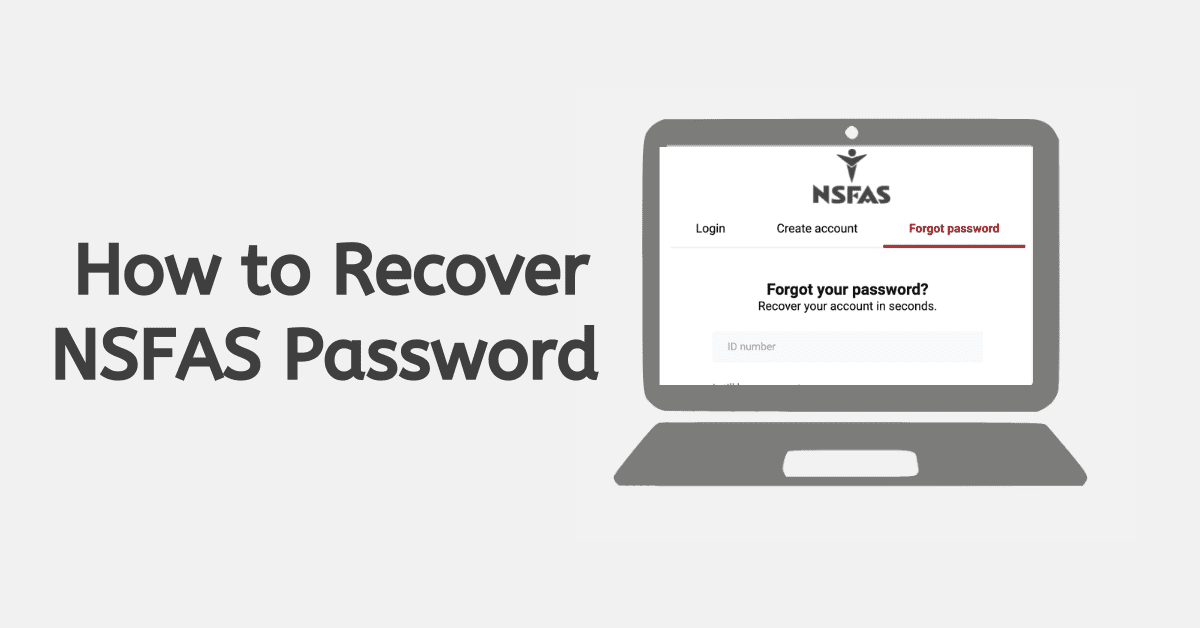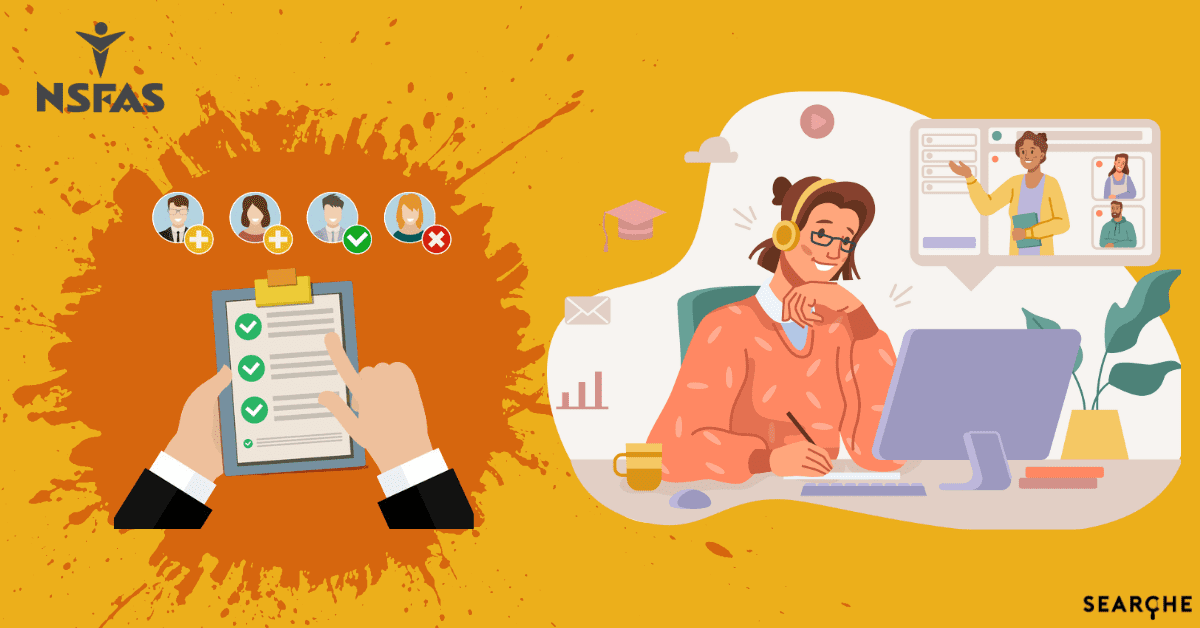Tertiary education is where young people learn the specialised skills needed to work in their chosen field. With this door closed due to a lack of funds, many have to make do with any job that pays rather than a job where they can build a lifelong career doing work they love.
With many South Africans struggling to afford basic human necessities, tertiary education is ultimately out of reach for thousands of new high school graduates.
Established in 1999, The National Student Financial Aid Scheme (NSFAS) was set up by the Department of Higher Education and Training. This scheme was created to mitigate the impact of the economic situation in South Africa on people wanting to attend university for the first time.
How much does the NSFAS Pay for Tuition?
The NSFAS covers all tuition costs for approved students as well as an additional allowance for books, transportation, food, and accommodation. Students with disabilities will also be given funds for accessibility devices such as wheelchairs. The level of funding or value of the loan or bursary depends on the course selected by the student.
What is the NSFAS?
The National Student Financial Aid Scheme offers loans and bursaries to poor and working-class students who do not have access to education through private funding or bank loans. Students at universities and TVETs can apply for NSFAS.
This loan is given with the understanding that the student will pay it off once they have completed their education and have found employment. This gives students the freedom to focus on their studies.
Does NSFAS cover full tuition fees?
Once approved for NSFAS, the fund will cover your entire yearly tuition as well as any registration fees. It’s important to note that you must reach the minimum requirements for your university of choice before you can apply for NSFAS assistance.
How much money does NSFAS give to students?
On top of the tuition fees, NSFAS also provides an allowance to help students with various living expenses. The amount given depends on the institution you study with. University students have different allowances from TVET students.
University Students
- Living allowance: R15,000 per year.
- Transportation: R7,500 per year.
- Books: R5,200 per year.
- Personal Care: R2,900 per year.
TVET Students
- Transport: R7,350 per year.
- Personal care: R2,900 per year.
How much money does NSFAS give per student?
Each student approved for NSFAS will receive all the funds mentioned above each year. Living expenses, transport, books, and personal care all add up to R30,600 per year for university students. TVET students will receive R10,250 per year at current prices.
These funds are intended to help students take care of themselves while studying, so they can stay focused on doing well and passing their subjects.
How much does NSFAS pay per student per month?
According to NSFAS 2025 guidelines, university students will receive a monthly meal allowance of R1500 for ten months. The book allowance is a once-off payment at the beginning of the school year. The travel allowance will also be provided monthly for over ten months, from March to December.
How much does NSFAS pay for accommodation in 2025 monthly?
NSFAS will pay accommodation fees for any university residence. Alternatively, they will pay for a private residence up to the amount that the university charges for their residence.
NSFAS will pay accommodation fees for TVET students in an urban area up to R24,000 per year. In a peri-urban area, up to R18,900. In a rural area, the allowance is R15,750 per year.
How much does NSFAS pay per module?
At the time of writing, there is no published information about this as yet for the 2025 academic year. However, students can rest assured that the annual funding will cover all their tuition fees for all their modules. The prices are set by the institutions, and NSFAS pays that amount.
A degree can cost up to R91,040 per year at the University of Cape Town. That entire amount would be covered by NSFAS if you are approved for a loan and receive entry at the University.
A TVET course can cost anything between R2,000 and R18,000 per subject. Undergraduate degree courses through UNISA currently cost approximately R3,470 per year.
Conclusion
Getting this loan is only one small step in the process. In his 2019 Association for the Development of Education in Africa (ADEA) address, President Cyril Ramaphosa discussed how emotional intelligence, interpersonal and communication skills are critical for students to be able to integrate into the world.
The schoolwork is, of course, an essential part of your time at a tertiary institution. But it is also extremely important to do the work on yourself to be a functional, contributing member of society. Here are a few ideas to get you started:
- Read up on self-improvement as much as possible. Speak to your friends about the future and prioritise becoming the best you can be.
- Talk to councillors at your institution if you are struggling mentally, emotionally, or physically with your workload. Speak up to teachers and advisors and ask for help.
- Ask for advice from your tutors – don’t suffer in silence. Your teachers and students in higher years are invaluable resources. They will be able to advise you on schoolwork, job opportunities, and life after university.
- Find part-time work, so you can learn how to interact with other people professionally. Part-time work is also a great way to earn some extra money.
- Practice lifelong healthy habits now so you don’t have to struggle later in life. Difficult choices now lead to an easier life in the future. Also, exercise and healthy eating will pay off.
